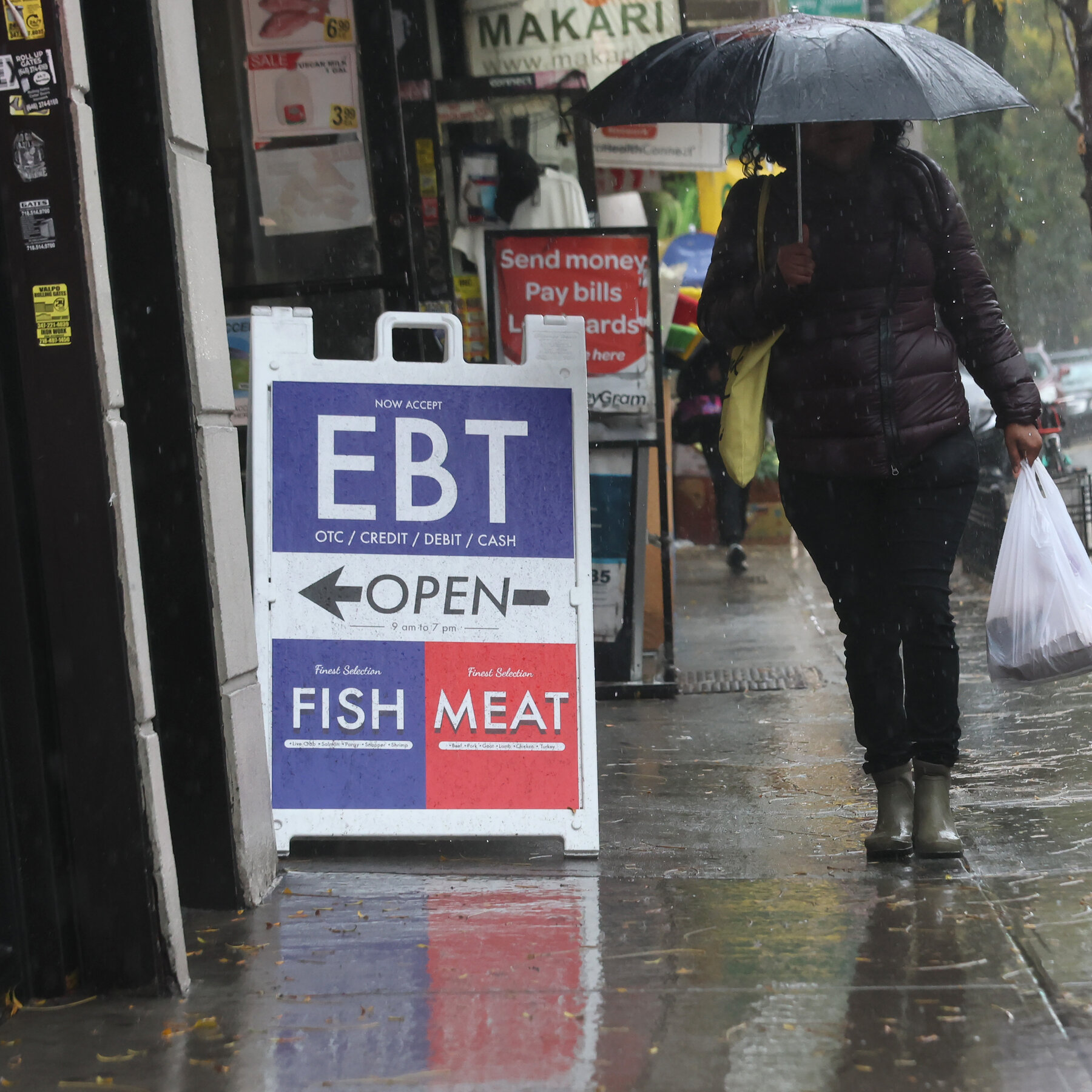What Happened to Gabriel Boric’s Leftist Promises for Chile?
Electoral Surge and Initial Vision
Four years ago, Gabriel Boric rode a wave of popular enthusiasm into the Palacio de La Moneda. At 36, he was the youngest president in Chile’s modern history, and his campaign was built on a bold agenda: deeper social equity, a greener economy, and a decisive break from the neoliberal legacy that had dominated the country since the Pinochet era.
Key Leftist Promises
During the 2021 election, Boric pledged to:
- Raise the minimum wage to a living standard that would eliminate extreme poverty.
- Nationalise strategic sectors such as lithium and water to ensure that the wealth generated stays in Chilean hands.
- Expand public education and guarantee free university tuition for all qualifying students.
- Implement a universal health system that would close the gap between private and public care.
- Accelerate the transition to renewable energy, aiming for 70% clean power by 2030.
Obstacles in Office
Within months of taking office, Boric’s administration faced a series of structural challenges. A fragmented Congress, a powerful business lobby, and a lingering fear of inflation forced the president to temper many of his proposals. As one senior analyst noted, “the reality of governing a divided nation is far harsher than the optimism of a campaign trail.”
Policy Shifts and Compromises
To keep the government afloat, Boric’s team negotiated several compromises:
- The minimum wage increase was delayed and reduced to a modest 5% raise instead of the 15% originally promised.
- Plans for full nationalisation of lithium were scaled back to a public‑private partnership model, allowing multinational firms to retain a stake.
- University tuition reforms were limited to a partial subsidy for low‑income students rather than universal free education.
- Health reforms focused on expanding coverage through existing private insurers instead of creating a single‑payer system.
- The renewable‑energy target was adjusted to 55% by 2030 after pushback from the fossil‑fuel sector and concerns about grid stability.
Public Reaction and Future Outlook
Public opinion has become increasingly polarized. Supporters argue that Boric has “kept the country stable” while navigating a hostile legislative environment, whereas critics claim he “has abandoned the very principles that brought him to power.” Recent polls show a modest decline in approval ratings, but a sizable portion of the electorate still hopes that the president can revive his original agenda in the second half of his term.
Looking ahead, Boric faces a critical choice: double down on incremental reforms and risk alienating his progressive base, or push for a bold legislative push that could trigger political backlash. As Chile watches, the question remains whether the president can transform his early‑campaign promises into lasting policy achievements.




